45 natural claims on food labels
Healthy, Natural, and other Clean Label Claims | Registrar Back to News. 'Natural,' 'Healthy,' 'Gluten Free' 'Organic' & 'Non-GMO' Claim Requirements. August 31, 2017. More consumers are joining the clean label movement and turning away from artificial ingredients, preservatives, antibiotics and other man-made food modifiers. According to Nielsen, 48 percent of U.S. consumers choose local, natural and organic products when possible, and a study in the Journal of Food Science found consumers are willing to pay more for foods ... Label Claims for Food & Dietary Supplements | FDA Among the claims that can be used on food and dietary supplement labels are three categories of claims that are defined by statute and/or FDA regulations: health claims, nutrient content claims,...
Regulating health claims on food labels using nutrient profiling: what ... Objective: Proposed Australian regulation of claims on food labels includes requirements for products carrying a health claim to meet nutrient profiling criteria. This would not apply to nutrition content claims. The present study investigated the number and healthiness of products carrying claims and the impact of the proposed regulation.
Natural claims on food labels
A Guide to FDA Regulation of Food Labeling Claims Among the FDA-regulated claims commonly declared on food labels are nutrient-content claims, health claims, qualified health claims and structure/function claims. Additionally, FDA has authority over claims related to gluten content, genetically modified organisms (GMOs) and "natural." It is critical that companies familiarize themselves with ... Natural Claims: The Case for Clarity - FONA January 18, 2018. Consumer Ingredients Trends Health Natural. The term "natural" is inherently a controversial one in the food and beverage industry. From the FDA's refusal to define the term in 1993 to growth of the claim starting soon thereafter, it has had its ups and downs. Join us as we do a deep dive into the claim, exploring the history, consumer confusion, current perceptions, and the need for the food industry to stamp out doubt and put consumers' need for transparency first. Are your "all natural" claims all accurate? - Federal Trade Commission April 12, 2016. If companies market their products as "all natural" or "100% natural," consumers have a right to take them at their word. That's the message of four proposed FTC settlements and one just-issued administrative complaint challenging the allegedly deceptive use of those phrases in ads for skincare products, shampoos and ...
Natural claims on food labels. Demystifying Food Labels - IFANCA Here are some of the latest food package claims on the front. Learn what they really mean for your health: "Natural" The claim "Natural" evokes images of fresh produce, healthy minerals, and process-free food manufacturing. Understand this: if it's in a box, bottle, can or on a shelf, that food is always processed in some way. Natural Food Claims Are Disappearing From Food and Beverage Labels ... PepsiCo. settled a lawsuit over natural label claims by its subsidiary Naked Juice by agreeing to pay out $9 million and to stop using the claim "all natural.". Datamonitor found that only 47 percent of Americans think they can trust "natural" food claim on food and beverages. Clearly, Americans are confused by natural label claims. Defining "Natural": Class Actions against Food Labels On the heels of a settlement involving the all-natural claims on its granola bars and trail mixes, Bear Naked is once again facing a class action lawsuit - this time alleging it wrongly labeled certain energy bars as "100% natural" when in fact they contain synthetic ingredients. Claims Guidance | Food Safety and Inspection Service Compliance Guideline for E. coli O157:H7 Sampled and Tested Claims for Boneless Beef Manufacturing Trimmings ("Trim") This document provides guidance on the use of labels bearing an FSIS sketch approved Shiga toxin-producing Escherichia coli (STEC) sampled and tested claim on beef trim.
Which food labeling claims put you most at risk of a class action ... Find out more about the hot button issues in food litigation, from Prop 65 to natural claims at the American Conference Institute (ACI) food law conference in Chicago on April 23-24. Get the full ... The Pitfalls of Making Free Claims in Food Labeling | Natural Products ... FDA's policy on natural allows the claim only when the food contains no added colors, artificial flavors or other synthetic substances. This implied "free" claim is based on which ingredients are used in the product and does not require analysis showing zero. Natural claims must be used carefully. Use of the Term Natural on Food Labeling | FDA Because of the changing landscape of food ingredients and production, and in direct response to consumers who have requested that the FDA explore the use of the term "natural," the agency asked the... 13 Misleading Food Label Claims and How Not to Be Tricked - Sentient Media 1. Label Says "Sugar-Free". The Food and Drug Administration (FDA) provides guidelines for a variety of common food labels, including sugar-free. While the term suggests that products labeled this way would be completely free of sugar, they can actually contain up to 0.5 grams of sugar in a single serving size.
Are your "all natural" claims all accurate? - Federal Trade Commission April 12, 2016. If companies market their products as "all natural" or "100% natural," consumers have a right to take them at their word. That's the message of four proposed FTC settlements and one just-issued administrative complaint challenging the allegedly deceptive use of those phrases in ads for skincare products, shampoos and ... Natural Claims: The Case for Clarity - FONA January 18, 2018. Consumer Ingredients Trends Health Natural. The term "natural" is inherently a controversial one in the food and beverage industry. From the FDA's refusal to define the term in 1993 to growth of the claim starting soon thereafter, it has had its ups and downs. Join us as we do a deep dive into the claim, exploring the history, consumer confusion, current perceptions, and the need for the food industry to stamp out doubt and put consumers' need for transparency first. A Guide to FDA Regulation of Food Labeling Claims Among the FDA-regulated claims commonly declared on food labels are nutrient-content claims, health claims, qualified health claims and structure/function claims. Additionally, FDA has authority over claims related to gluten content, genetically modified organisms (GMOs) and "natural." It is critical that companies familiarize themselves with ...
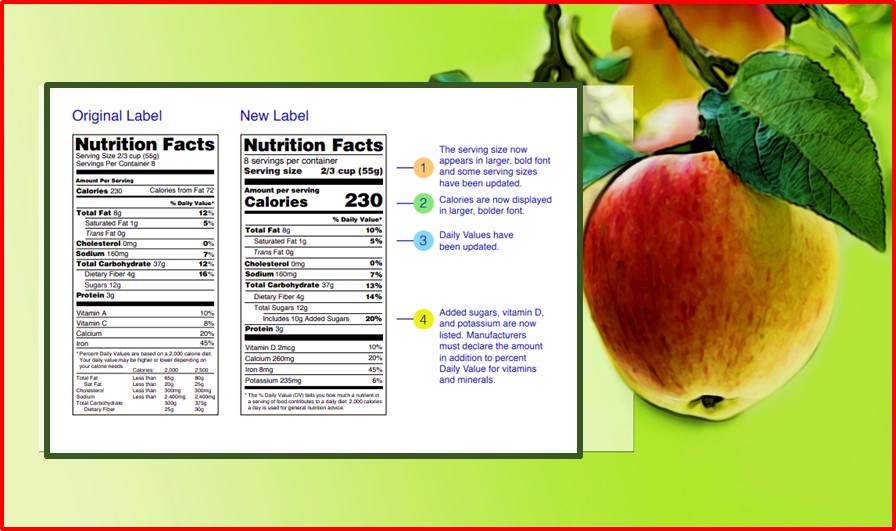


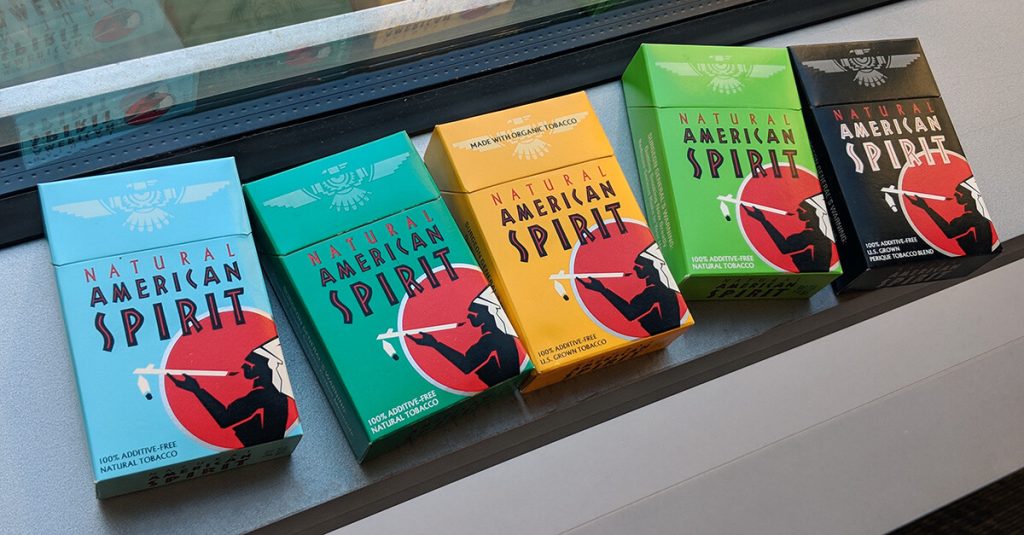


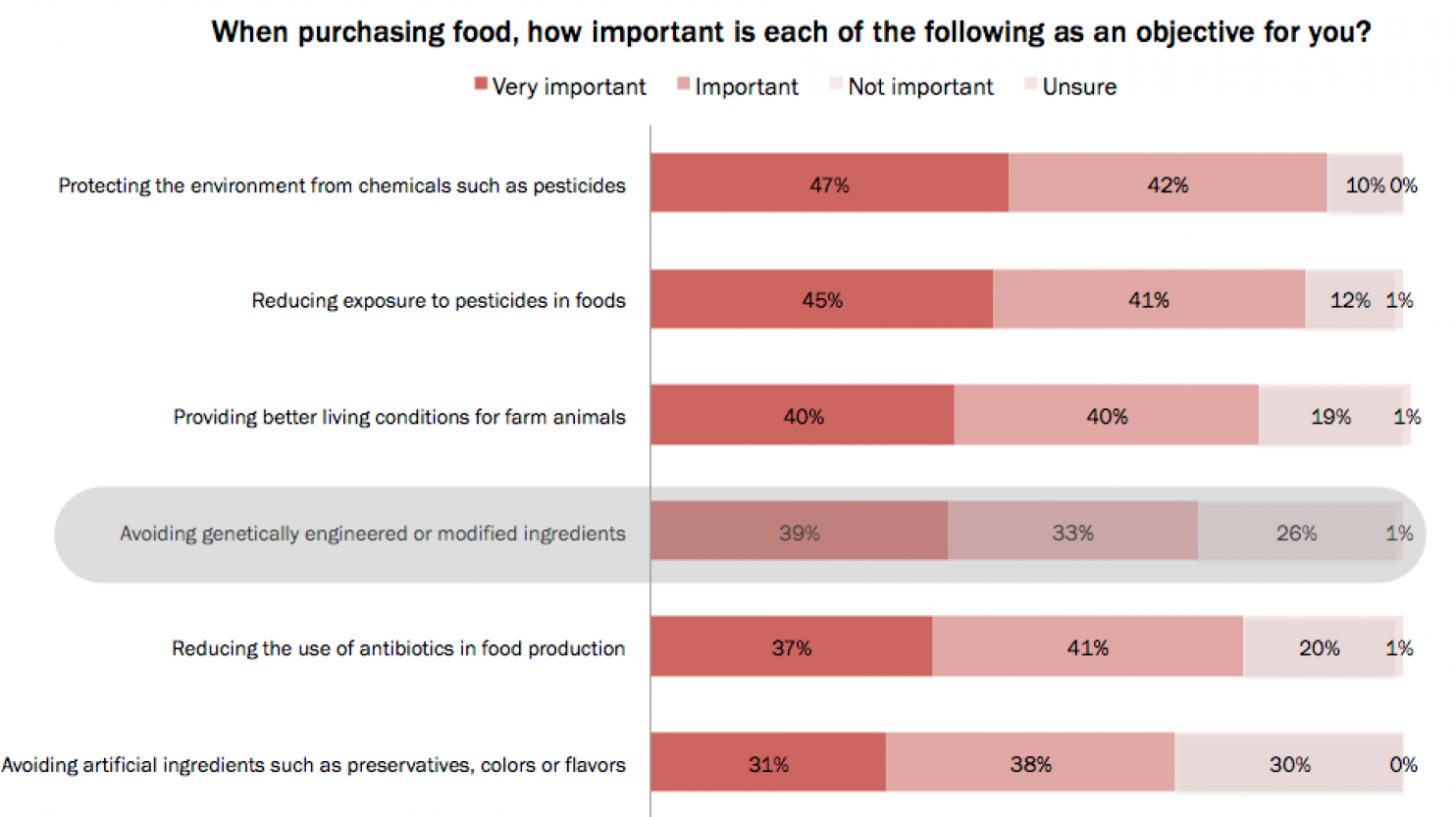



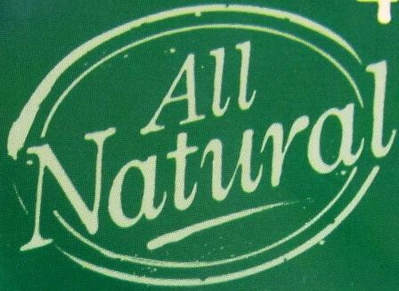
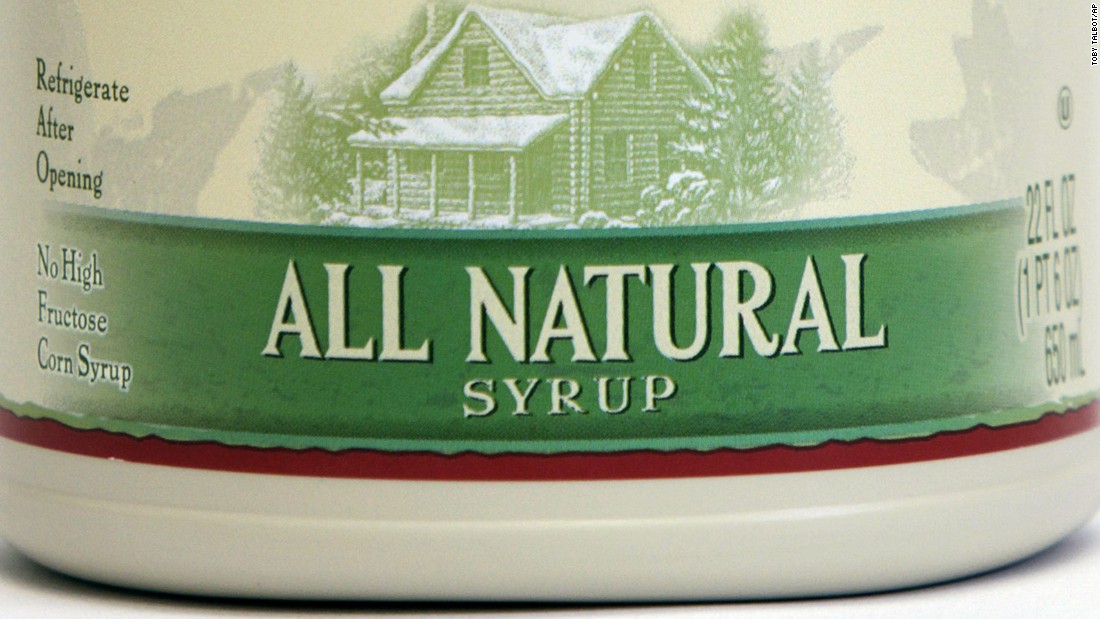
Post a Comment for "45 natural claims on food labels"